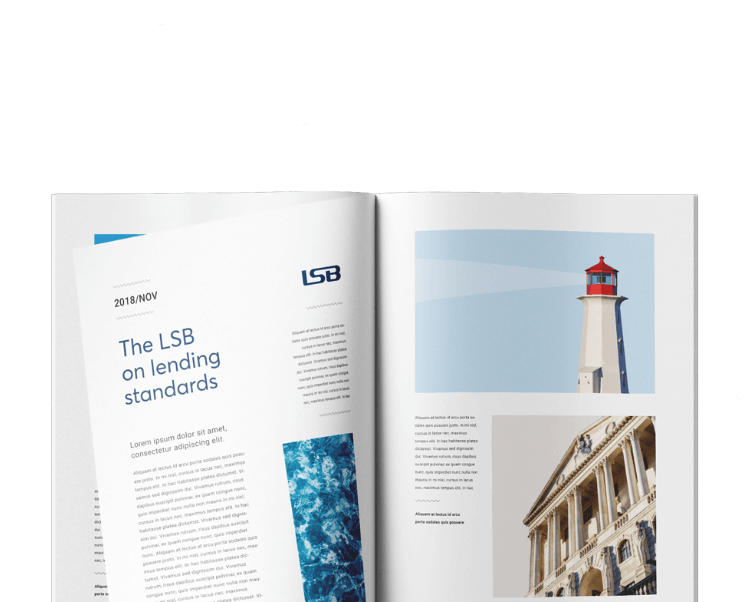The Lending Standards Board (LSB) has today published the findings and actions from their Call for Input on the Contingent Reimbursement Model Code (CRM Code) for Authorised Push Payment (APP) scams.
The voluntary CRM Code, launched in May 2019, sets out consumer protection standards to detect, prevent and respond to APP scams with signatory firms making a commitment to reimburse customers who lose money where they were not to blame for the success of a scam.
The Call for Input sought to further explore the following aspects highlighted in the governing body’s full Code review earlier this year:
- that the scope of the Code should more fully reflect the evolving nature and complexity of APP scams;
- that the Code should recognise the wider range of participants within the payments industry;
- that the Code should more fully reflect the roles and responsibilities of receiving firms in the customer payment journey.
Responses received from a wide range of stakeholders from across the industry highlighted the evolving nature and complexity of APP scams. A common challenge of these newer scams that was highlighted is elongated payment journeys involving multiple movements of funds, making them harder to trace. Multigeneration scams, involving customers being socially engineered into sending funds to friends or family as part of the scam, were most commonly cited by respondents, along with scams involving cryptocurrency or forex.
The responses also identified a trend of APP scams moving from originating amongst Code signatories, to firms not yet signed up to the Code, demonstrating that the preventative measures the Code puts in place are successful in deterring scammers and providing greater protection for customers from APP scams.
Commenting on the findings, an LSB spokesperson said: “The responses we have received from industry have reinforced our position that more firms need to sign up to the Code’s vital provisions. Our previous reviews and the consultation responses indicate that preventative measures are working and are helping to prevent these devastating scams from happening in the first place. We make no bones that the Code is robust in its approach – we need it to be so customers are protected – despite this, we are asking firms who can sign up to work towards doing so without delay. We will be updating the Code so a wider range of business models can sign up to its vital protections whilst ensuring a consistent level of protection across the board.”
Following the findings from the Call for Input, the LSB will further update the wording of the Code, update the customer information document to ensure it is as effective as possible in raising consumer awareness, and activate Confirmation of Payee (CoP) provisions for firms who are able to offer this functionality.
You can find out more about the LSB’s planned CRM Code activity in their roadmap. To read the full findings from this Call for Input, click here.









